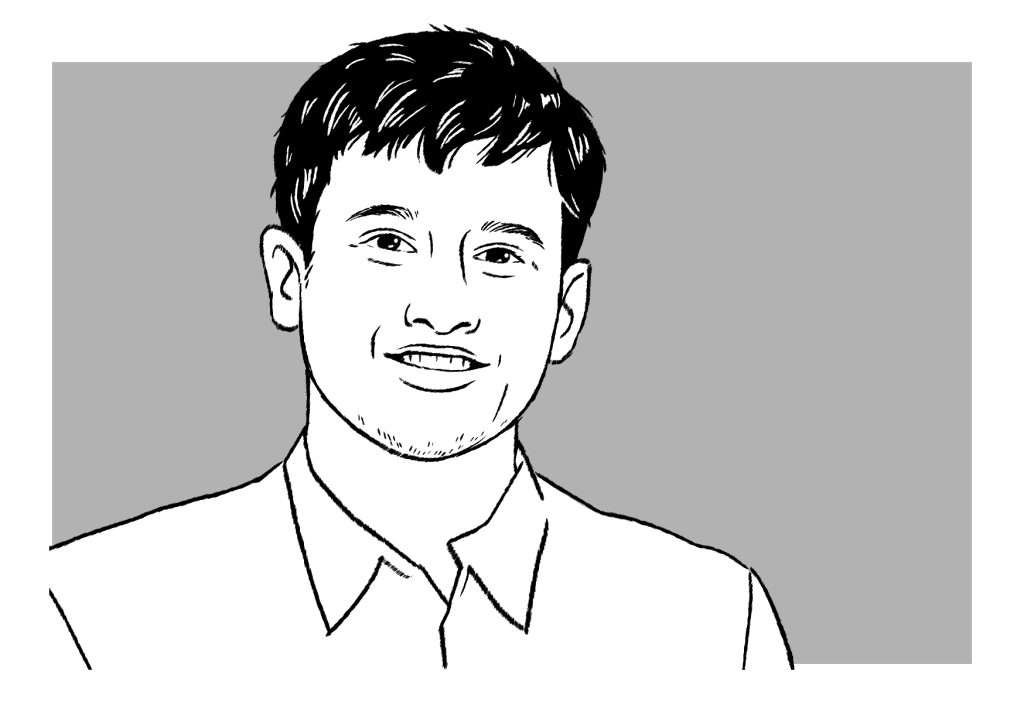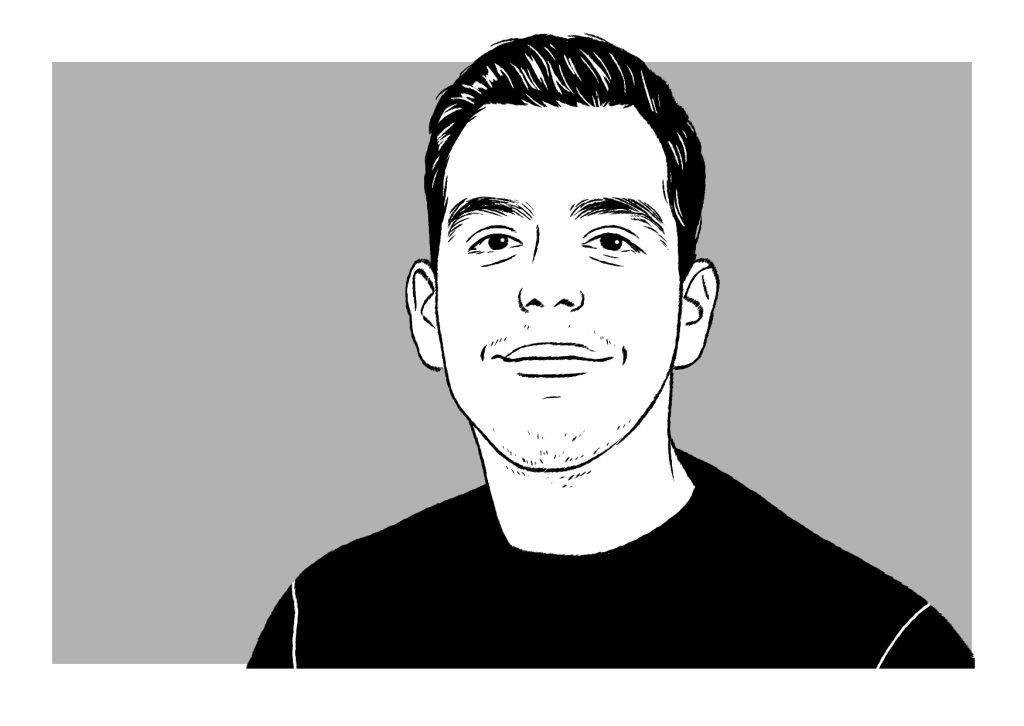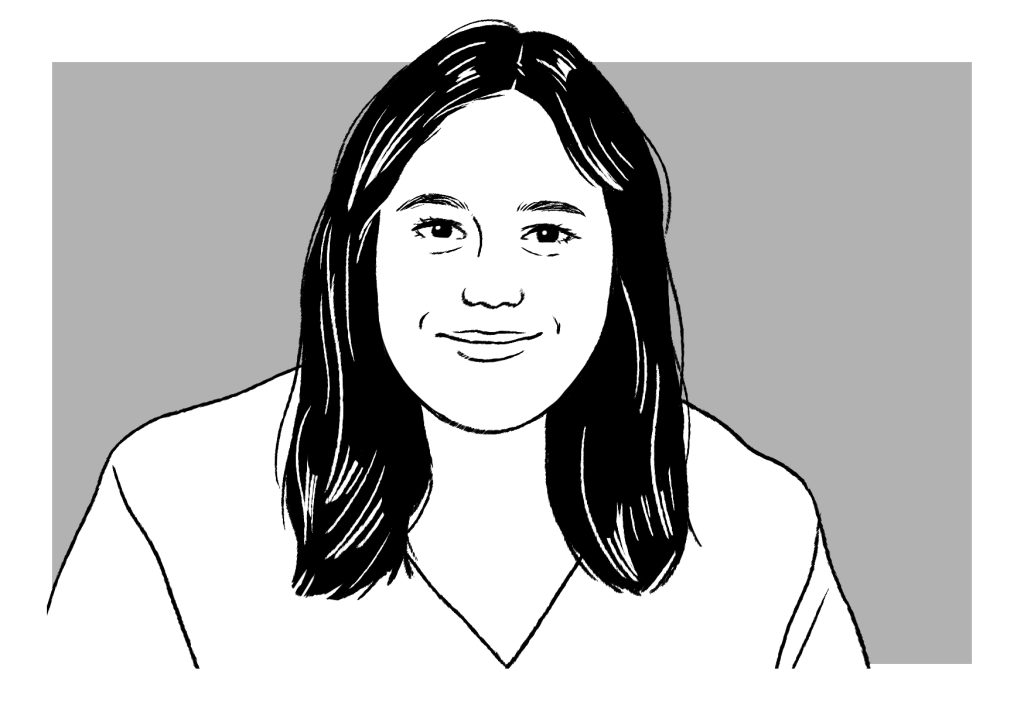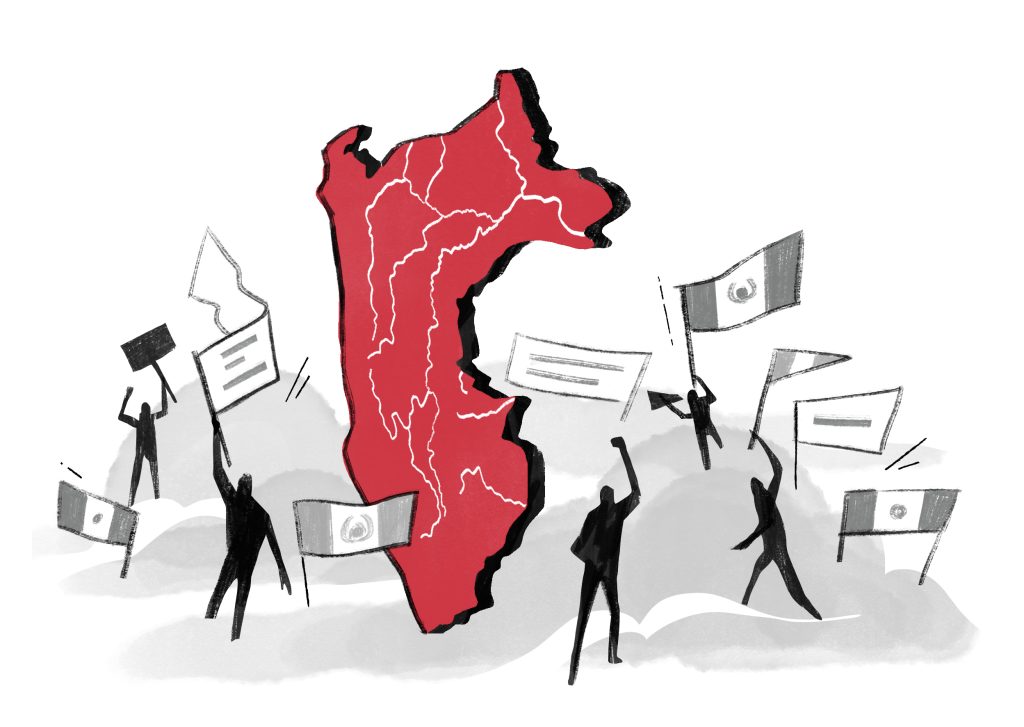This recording is part of a new endeavour at the Governance Post, the Shaping Tomorrow podcast. The motto of the Hertie School is ‘Understanding Today, Shaping Tomorrow’. With this podcast, we aim to talk to tomorrow’s policymakers to get their views on all that concerns our world today.
For our debut episode, Om Marathe interviews William Fernandez and Ximena Docarmo about the attempted coup d’etat in Peru and the systemic reasons that brought upon these turn of events. Connecting the past, present and future of Peru, the discussion unearths important facts about Peru’s politics and economy, and ends with policy recommendations that the guests think can help with fixing the mineral-rich country’s problems.
Views expressed by the speaker(s) do not represent the Hertie School.
Om Marathe is a Master of Public Policy student at the Hertie School. He has been a journalist for the past four years: first as a sub-editor at The Indian Express newspaper and later as a freelance documentary filmmaker. He has also written extensively on global politics and policy.


William Fernandez is a Master of Public Policy student at the Hertie School and Bachelor in Economics from Universidad del Pacífico (Lima, Perú). He has experience working with quantitative research methods for the evaluation of public policies in the fields of pension systems, healthcare and education. He has also been consultant for different Peruvian public institutions and international organizations such as the IADB and CEPAL. Right now he works as Quantitative Consultant for 3ie – International Initiative for Impact Evaluation.
Ximena Docarmo is a Master in Public Policy student at the Hertie School, Berlin. She studied Business Management at the Peruvian University of Applied Sciences, UPC. Her professional experience has been developed in project management in international cooperation, especially leading initiatives in political education and training politicians. She has extensive experience managing and monitoring socio-political projects with the intervention of multiple state stakeholders, civil society, companies, and political parties.

